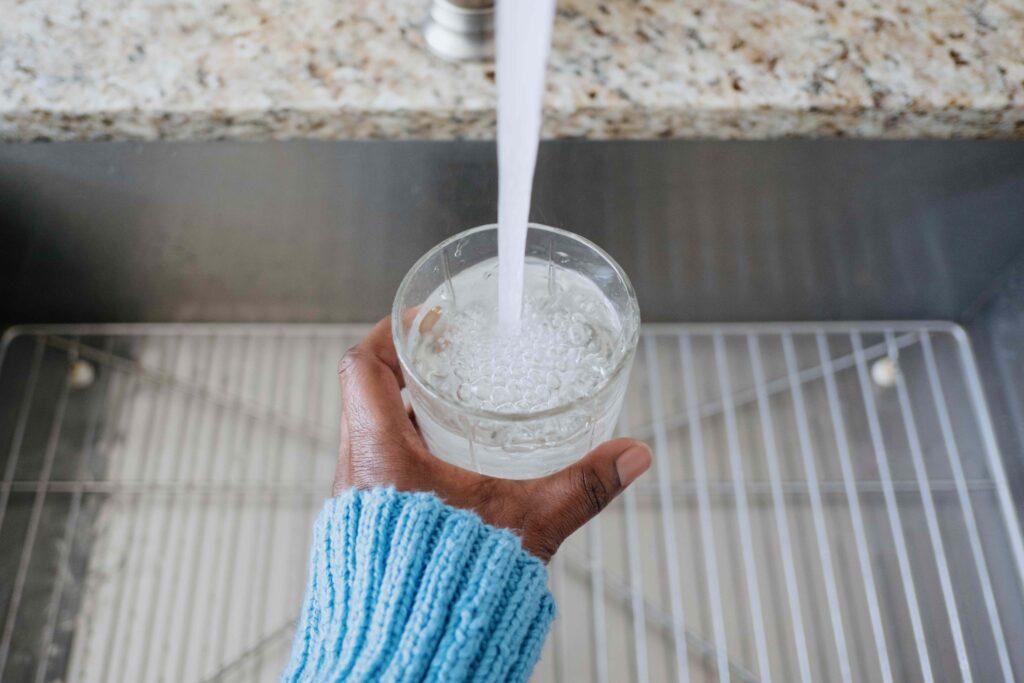There are tried-and-true ways to help lower blood pressure, including exercising enough and limiting your sodium intake. Fasting has also gained attention as a potential approach to managing blood pressure.
Research suggests that fasting may be effective for some people with high blood pressure, but whether it’s a safe and effective option for you may depend on several factors.
Fasting can help lower high blood pressure, some research suggests.
In a study published in 2022, adults with and without high blood pressure fasted for 16 hours. After one day, people with high blood pressure saw a decrease in their daytime blood pressure. By comparison, participants without high blood pressure saw no change.
Another review, published in 2021, looked at a type of fasting called alternate-day fasting, where you eat every other day. Researchers found it may lower both systolic (top number) and diastolic (bottom number) blood pressure over several months in people with high blood pressure.
Why? Experts aren’t sure exactly how and why fasting may modestly lower high blood pressure. Some believe it may be due to how intermittent fasting could influence potential causes or contributors to high blood pressure. For example, fasting may promote weight management and decrease the risks of excess weight on your blood pressure.
Fasting may have other health benefits, as well. Research suggests that fasting may lead to:
- Improved cholesterol and triglycerides: Fasting may lower your LDL (or “bad”) cholesterol and triglycerides (blood fats).
- More stable blood sugar: Fasting may help improve how your body handles sugar, especially if you have obesity or prediabetes.
- Appetite control and weight loss: In some studies, people who followed alternate-day fasting lost 3-8% of their body weight over a period of 3-12 weeks.
- Decreased inflammation: Fasting may help decrease markers of inflammation in the blood. Inflammation is associated with high blood pressure.
All of these effects may help improve your overall cardiovascular (heart) health.
While intermittent fasting may have some benefits, some research suggests that fasting could also have risks, such as:
- Dehydration
- Headaches
- Electrolyte imbalances
- Nutritional deficiencies
- Weakness
- Fatigue
- Concentration difficulties
- Irregular heart rhythms
- Irritability and other mood changes
People with certain health conditions or health factors may want to avoid fasting. Consider talking to a doctor before trying fasting to help lower blood pressure if you:
- Have existing heart disease
- Are pregnant
- Are younger than 12 or older than 70
- Have a history of an eating disorder
- Have an immune-related disorder
- Have diabetes
- Need to take medication with food at regular times
There are several key considerations to keep in mind if you’d like to try fasting for improved blood pressure control. Consider these tips for fasting safely:
- Consult a healthcare provider: It’s important to discuss fasting with a doctor or registered dietitian. They can talk to you about your personal health factors and the potential risks and benefits associated with them as they relate to fasting.
- Pick the fasting type that works best for you: Research hasn’t yet shown whether one type of fasting is more effective than another for lowering high blood pressure. Choose the approach that may work best for you and your lifestyle.
- Drink plenty of water: Taking in enough fluids can help you avoid dehydration and related effects, such as headaches.
- Eat to avoid side effects: Eating a diet rich in fruits, vegetables, and whole grains can help prevent constipation, a common early side effect of fasting. It’s also important to avoid ultra-processed foods, which can lead to overeating and weight gain.
- Focus on nutrition: While alcohol is allowed during intermittent fasting, it may be best to avoid it, since it doesn’t provide nutrients.
- Save exercise for when you can eat: It’s still possible to exercise while following an intermittent fasting diet plan, but experts recommend eating after exercise for your safety.
Fasting may help lower blood pressure in people who have high blood pressure. However, results vary, and some research suggests risks, particularly for older adults and people with heart conditions. There are different types of fasting, and each type may affect blood pressure differently. Fasting isn’t safe for everyone, so it’s important to talk with a healthcare provider before starting.


